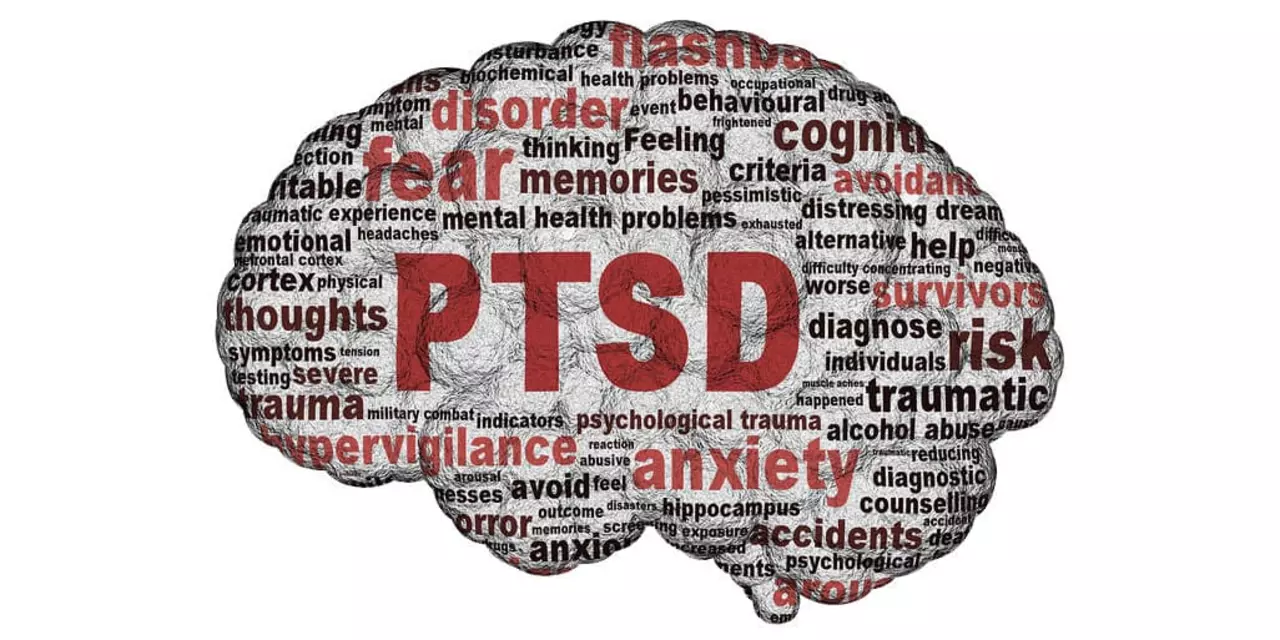Hypertension: Practical Guide to Managing High Blood Pressure
High blood pressure quietly raises your risk of heart attack, stroke, and kidney problems. You can lower your risk with clear actions: monitor your numbers, change a few daily habits, and use medicines when needed. Read on for practical steps you can use right away.
Start by measuring your blood pressure at home twice daily for a week to get a reliable average. Use a validated automatic cuff, sit quietly for five minutes, and record each reading. Many clinicians aim for under 130/80 mmHg if you have diabetes or heart disease; otherwise a common target is under 140/90—check what fits you. If a reading is above 180/120 with chest pain, shortness of breath, or vision changes, seek emergency care.
Quick checks and targets
Bring a log or photos of readings to appointments so your doctor can see trends. Small changes add up: cutting 1 teaspoon of salt a day, walking 30 minutes most days, and losing 5% of body weight often lower blood pressure. Limit alcohol (one drink a day for women, two for men) and aim for 7+ hours of sleep—poor sleep raises numbers over time.
Check labels—processed foods and restaurant meals hide a lot of sodium. Try to stay around 1,500–2,000 mg of sodium daily when possible. Add potassium-rich foods like bananas, spinach, and beans unless your clinician advises otherwise. Whole foods beat salt shakers for long-term control.
Mix aerobic activity (brisk walking, cycling) for 150 minutes weekly with two light strength sessions. Short walks after meals help blood sugar and blood pressure. Quitting smoking and managing stress with simple breathing exercises or short breaks can also lower readings.
Common medicines and what to watch for
When lifestyle steps aren’t enough, medicines help. Here are common drug classes and quick notes:
- Thiazide diuretics (hydrochlorothiazide, chlorthalidone) — reduce fluid volume; watch for low potassium and higher uric acid.
- ACE inhibitors (lisinopril) — lower heart strain; can cause cough or rare swelling. Monitor kidney function and potassium.
- ARBs (losartan, valsartan) — similar benefits to ACE inhibitors with less cough; also check kidneys and potassium.
- Calcium channel blockers (amlodipine, nifedipine) — relax vessels; may cause ankle swelling or flushing. See our Nifedipine article for details.
- Beta-blockers (metoprolol) — slow heart rate; useful after heart attack. Watch for fatigue and breathing changes if you have asthma.
Combination therapy at low doses (for example, a thiazide plus a calcium channel blocker) often works better and causes fewer side effects than pushing one drug to a high dose. If you’re on three meds and numbers stay high, ask for a referral—doctors look for sleep apnea, excess aldosterone, kidney issues, or thyroid problems as causes.
Keep routine labs every 3–6 months when starting or changing drugs—kidney tests and electrolytes matter. If you’re pregnant or planning pregnancy, avoid ACE inhibitors and ARBs and talk to your OB about safe alternatives. Never stop meds suddenly—missing doses can spike blood pressure. If you notice fainting, severe dizziness, swelling, or a new cough, contact your clinician promptly.
For more on medicines, heart health, and practical tips, check RedBoxRX Pharmaceutical Guide posts like our Nifedipine article and cholesterol-treatment options. Use what works for you and share your readings with your care team to get the best results.

 Jan, 4 2026
Jan, 4 2026

